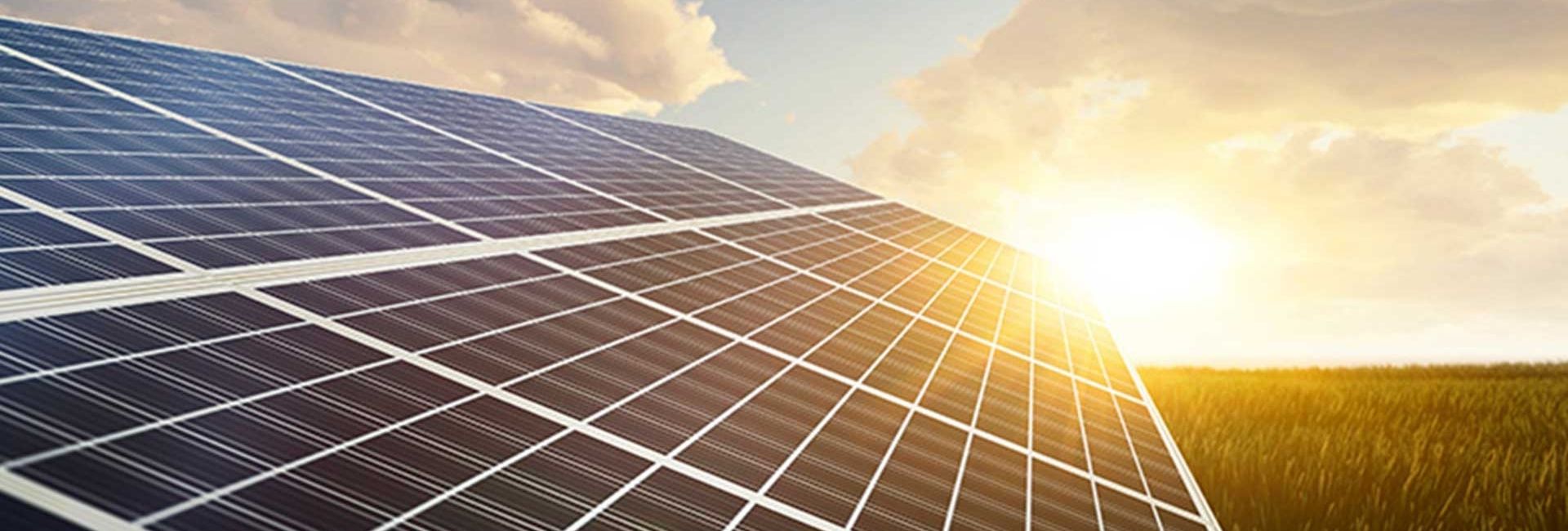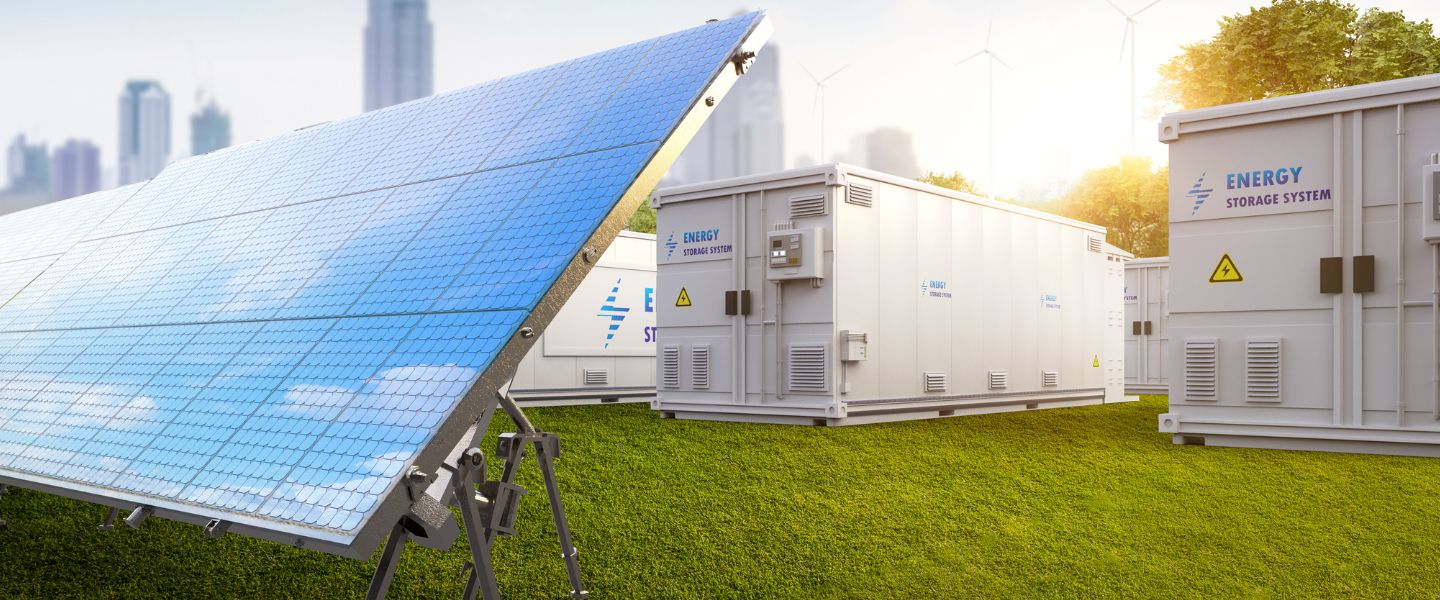17
grid-scale solar projects
3+ GW
grid-scale solar capacity
40
community solar gardens
3
solar + storage projects
Our solar portfolio
Grid-scale solar
Discover our solar energy projects across North America by exploring our project map.
Our solar expertise
Onsite Solar
ENGIE supports commercial and industrial companies, municipalities and utilities to meet their sustainable energy goals through solar, increasingly combined with storage solutions.
With hundreds of installations across North America, our distributed renewables provide solar and storage solutions at a local scale for customers nationwide – placing renewable energy on-site or off-site at the heart of the local power distribution system.
Community Solar
Our Differentiators

Achieving cost-efficiency and financial advantages
We work with customers to build a portfolio of cost-efficient solar energy installations. By leveraging economies of scale, we help our clients achieve the financial advantages of solar energy: lower project financial costs, streamlined engineering, increased buying power, improved supply-chain efficiencies and enhanced construction/ongoing system maintenance to generate strong economic returns on every project.
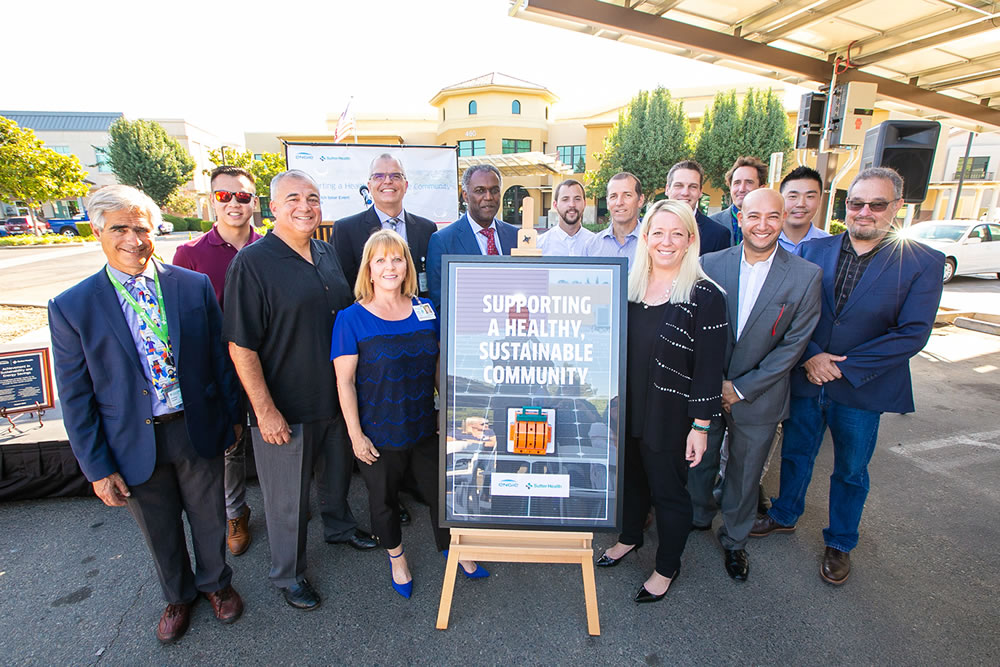
Valuing communities
Our solar projects create reliable energy that adds economic value to area residents and landowners while reducing carbon emissions. Communities receive tax revenue from solar projects, in some cases resulting in millions of dollars injected into the local economy. These projects create hundreds of local jobs over the development, construction and operation phases.
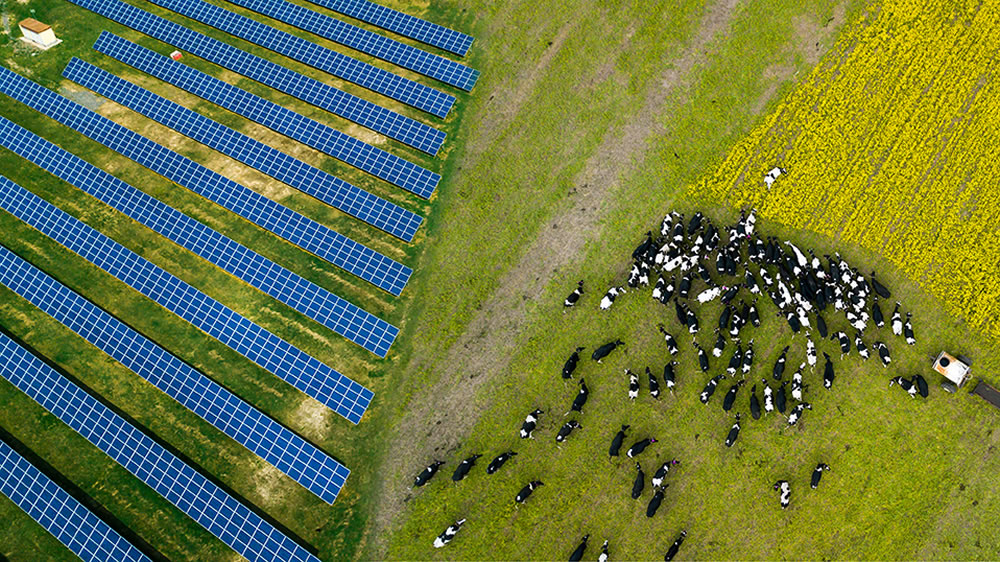
Promoting dual land use in solar projects
ENGIE is a member of the American Solar Grazing Association. Grazing sheep keep grasses from growing tall and blocking solar panels, and those same panels provide shade for animals in the field. Rural communities gain solar energy production — without the loss of valuable farm acres.
We are also actively researching opportunities to establish pollinator friendly habitats within our large-scale projects. On many of our smaller, ground mount projects, we seed sections of the project with native or naturalized pollinator plantings to help strengthen bee and butterfly populations.
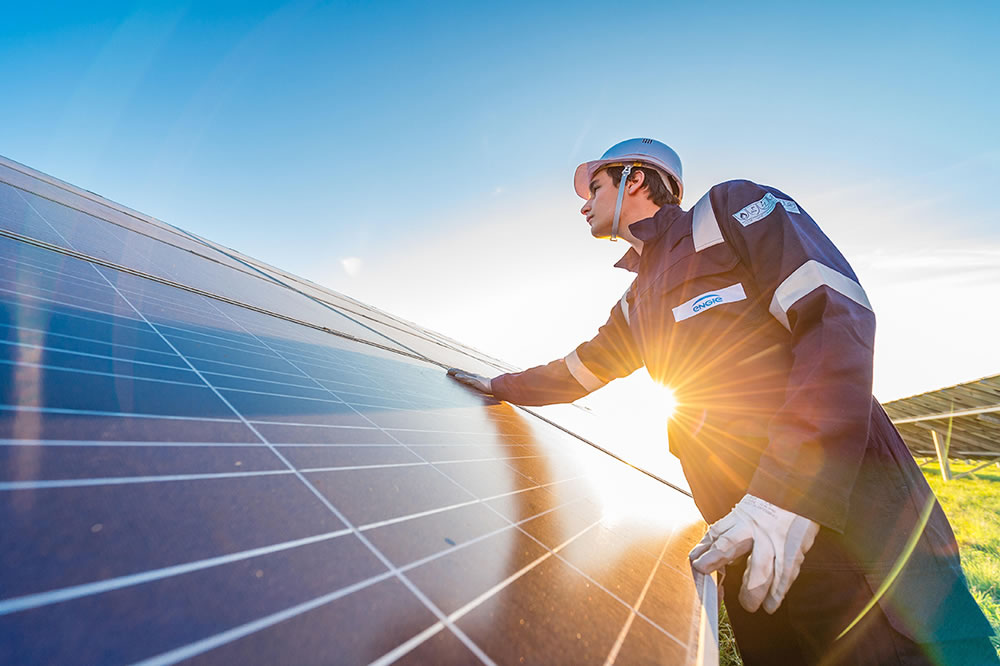
Ensuring a responsible supply chain
ENGIE has signed the Solar Energy Industries Association’s (SEIA) Forced Labor Prevention Pledge – joining more than 150 organizations within the solar supply chain. The pledge states our firm opposition to the use of forced labor within the solar supply chain and reinforces our commitment to human rights, while raising awareness of this critical industry issue within the industry.
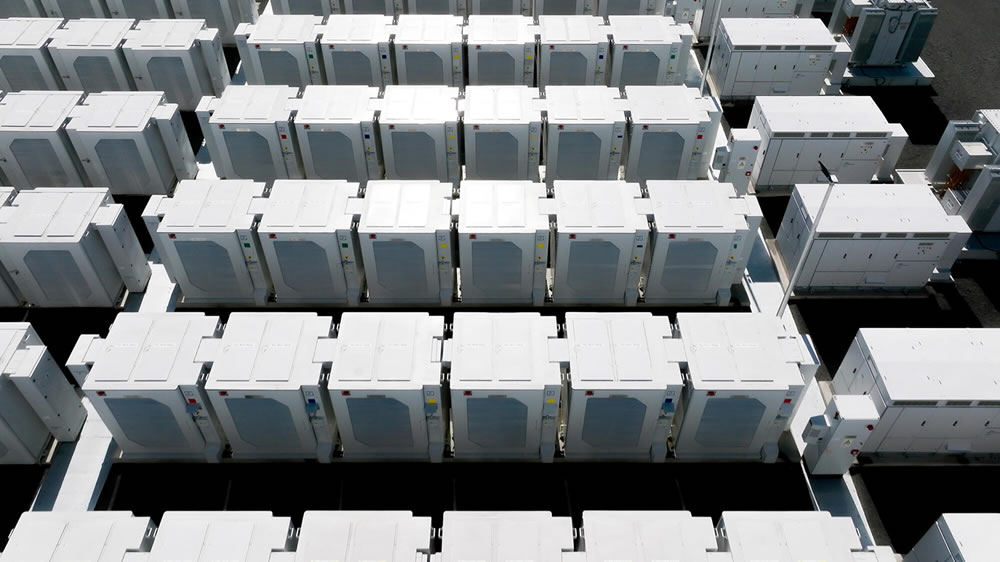
Energy storage
We develop and operate grid scale and onsite solar energy storage systems, which can dispatch electricity when needed, including the ability to meet peak hour electrical needs.
